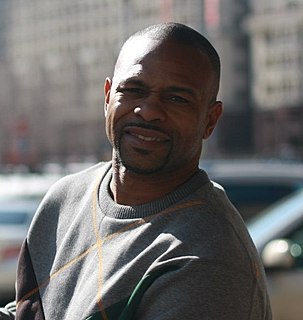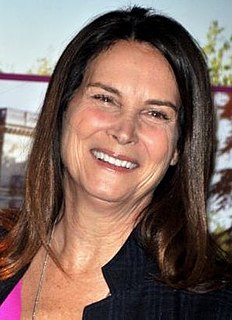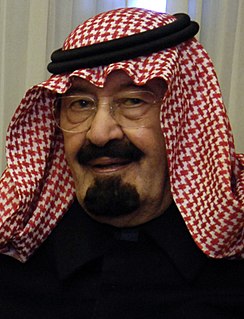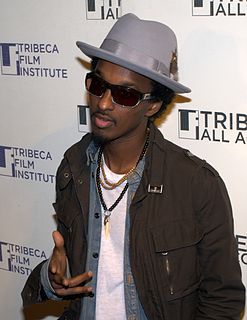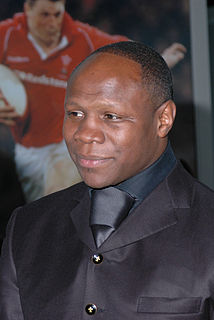A Quote by Charles Salvador
The question many have in the region is how not to squander the wealth like they did in the 1970s.
Related Quotes
I never was a person that wanted that life...I'm a leader not a follower. I don't care what they say, or what they're doing or what they're wearing. Go ahead, cos come Judgement Day, all of that won't matter. How many people did you help. How many people did you talk to. How many people did you try to encourage. How many people did you bring to God. That's what's gon' matter.
I went to a heavy metal concert. The singer yelled out, "How many of you people feel like human beings tonight?" And then he said, "How many of you feel like animals?" The thing is, everyone cheered after the animals part, but I cheered after the human beings part because I did not know there was a second part to the question.
But in the end, science does not provide the answers most of us require. Its story of our origins and of our end is, to say the least, unsatisfactory. To the question, "How did it all begin?", science answers, "Probably by an accident." To the question, "How will it all end?", science answers, "Probably by an accident." And to many people, the accidental life is not worth living. Moreover, the science-god has no answer to the question, "Why are we here?" and, to the question, "What moral instructions do you give us?", the science-god maintains silence.
What? she said once to herself, and then once aloud, What? She felt a total displacement, like a spinning globe brought to a sudden halt by the light touch of a finger. How did she end up here, like this? How could there have been so much - so many moments, so many people and things, so many razors and pillows, timepieces and subtle coffins - without her being aware? How did her life live itself without her?
It was the easiest thing in the world for Arya to step up behind him and stab him. “Is there gold hidden in the village?” she shouted as she drove the blade up through his back. “Is there silver? Gems?” She stabbed twice more. “Is there food? Where is Lord Beric?” She was on top of him by then, still stabbing. “Where did he go? How many men were with him? How many knights? How many bowmen? How many, how many, how many, how many, how many, how many? is there gold in the village?
I do think that some of my songs, like Take a Minute, are like the train between the two worlds. It starts out with the question of "how did Gandhi ever withstand the hunger strikes and all / he didn't do it to gain power or money as I recall," and its sweep reaches all the way to this part of the world. I think maybe I'm a translator, because I lived in both worlds and truly understand them. I understand the discontent that comes from not having. But I also understand the anxiety that comes from wealth and convenience.
We're a culture that's obsessed with people who make and who squander ridiculous amounts of wealth, which seemed an obsession well worth interrogating in a novel. That probably accounts for what some have called the book's "sweeping" feel, but I don't know that I set out to be cinematic. I wouldn't know how to do that in a novel, specifically.
Like any developing country, it has an inequality of wealth. In the Chinese case, it is particularly [pronounced] by the fact that they decided they couldn't make the whole country move forward simultaneously, so they've started region by region. So the interior regions are much less well off than the coastal regions. And this is certainly a huge challenge, because it produces a flow of populations from the poorer regions to the richer regions.



